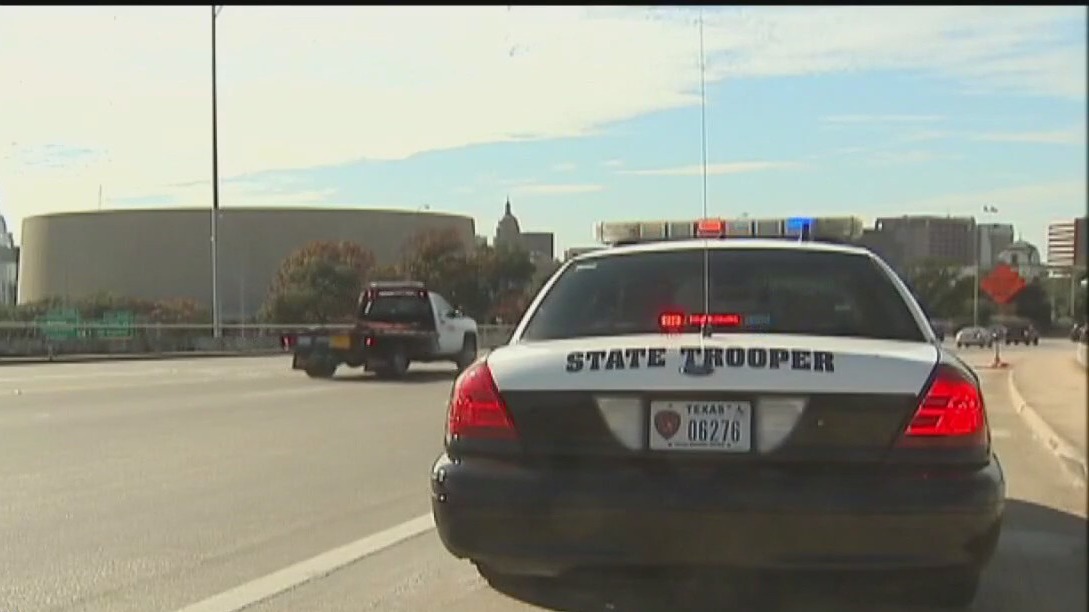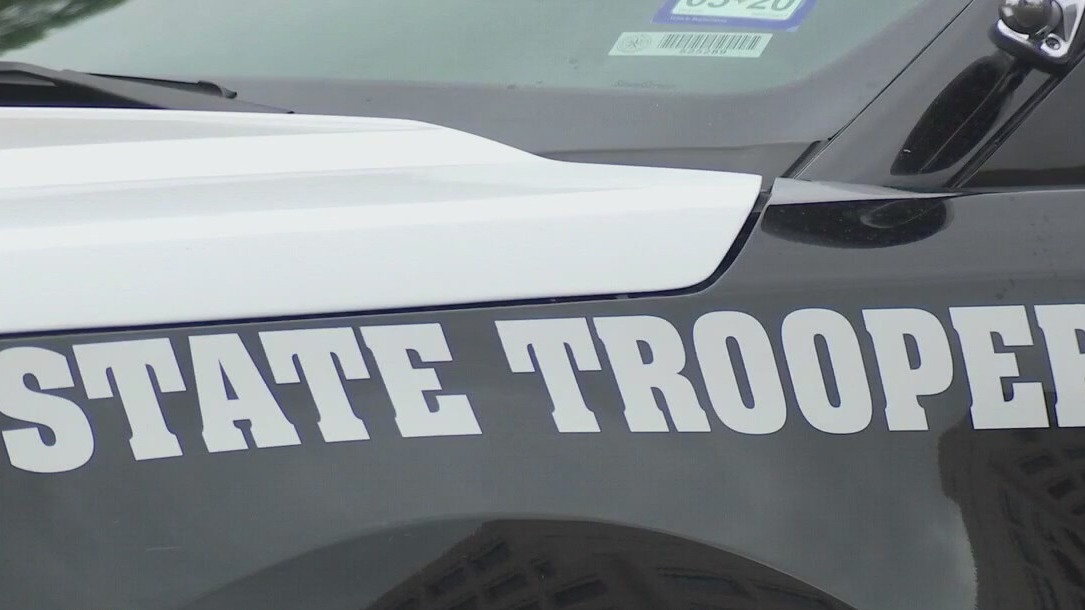Texas DPS troopers make over 90 felony arrests since joint operation with APD

Texas DPS and APD joint operation continues amid some skepticism
Since the joint operation began two weeks ago, here was a 25 percent reduction overall in violent crime and a 58 percent reduction in high-crime areas where DPS were specifically deployed to.
AUSTIN, Texas - Texas Department of Public Safety (DPS) troopers have assisted the Austin Police Department more than 700 times, and made more than 90 felony arrests since a joint operation was launched on March 27.
More than 4,000 traffic stops have been made by DPS with 25% resulting in tickets.
According to APD Chief Joseph Chacon, the city has requested demographic information for the stops. That information is not available yet.

City reports drop in violent crime in first week of APD-DPS partnership
City of Austin leaders are providing an update on the partnership with the Austin Police and the Texas Department of Public Safety.
In an update on April 14, Chief Chacon said he is in daily communication with DPS leadership. He said the focus of troopers now patrolling Austin is traffic enforcement and violent crime.
APD will continue to be the lead agency for many calls including mental health, domestic violence, homicides and other major investigations. Texas DPS may help secure the scene.
Data shows in the first week of the partnership, there was a 25% reduction overall in violent crime and a 58% reduction in high-call volume areas that DPS was specifically deployed to, compared to last year’s weekly average.
APD response times have also improved.

Increased Texas DPS presence in Austin causes controversy among residents
Some Austin residents are concerned about the Texas Department of Public Safety’s increased presence in Austin. Others said the help is needed.
"The immediate impact and the long-term effect, they won't necessarily be the same statistically, but can we say that it was a reduction that we can't attribute to any other change? We can," said Dr. Jonathan Kringen, chief data officer for APD. "Over time, as we have additional weeks of data, we'll be tracking it to try to best understand how strong the effect is."
Chief Chacon also provided some clarity on DPS enforcement policy.
"I want to be clear. DPS does not follow APD policy. They have their own policies. However, in many instances those are in close alignment," said Chief Chacon. "The department's normal procedure is to defer to the local district or county attorney's prosecutorial practices. "
For example, APD generally does not take action for small amounts of marijuana unless related to a more serious crime, and troopers are doing the same. Regarding misdemeanor offenses where police officers issue a citation rather than an arrest, DPS is following suit.
"We're looking forward to more transparency as it relates to the numbers, I think, obviously, having reduced 911 response, emergency times is a positive thing," said Chris Harris, who expressed appreciation for APD’s promise to continually update the public. "A fundamental question though is, what are the emergencies people are calling about and are the police the best response to them?"
RELATED: City reports drop in violent crime in first week of increased Texas DPS presence

Austin police, Texas DPS partner up to improve response times and increase safety
City of Austin leaders announced a plan they expect will improve safety, decrease traffic fatalities, improve police response time and reduce crime in Austin, thanks to a new partnership.
Harris said numbers don't necessarily reflect long-term progress.
"I think relying on policing patrols to prevent violence might work in the short-term in that people won't do a thing right in front of a police officer, but without addressing the root causes of that violence, it will simply move where police are not," said Harris.
No expiration date has been set for the partnership. APD is still seeing over 300 vacant officer positions, and those temporarily moved to patrol have still not been able to move back to specialized units.
"We've got to get our academies filled," said Chief Chacon. "We've got to get good officers back out there on the street to fill our vacancies, so those folks can be back to full-time doing their regular thing."
Here’s a look at the latest numbers since the joint operation was launched:
- 728 total APD assists
- 96 felony arrests
- 63 misdemeanor arrests
- 62 felony warrants served
- 54 misdemeanor warrants served
- 289 pounds of methamphetamine seized
- 200 grams of cocaine seized
- 40 grams of heroin seized
- 9 pounds of marijuana seized
- 25 handguns seized
- 2 shotguns/rifles seized
- 16 stolen vehicles recovered
- 4,016 total traffic stops
- 18 welfare checks conducted
- 6 mental health referrals made

